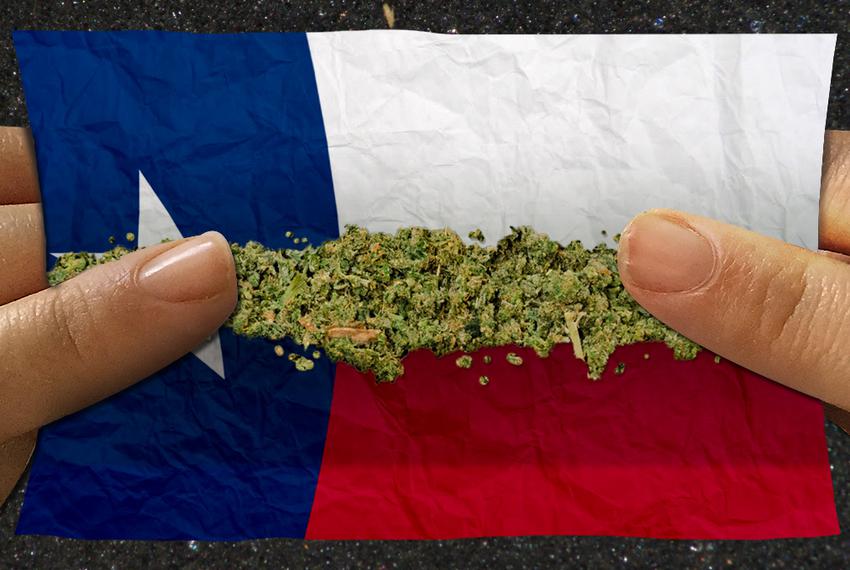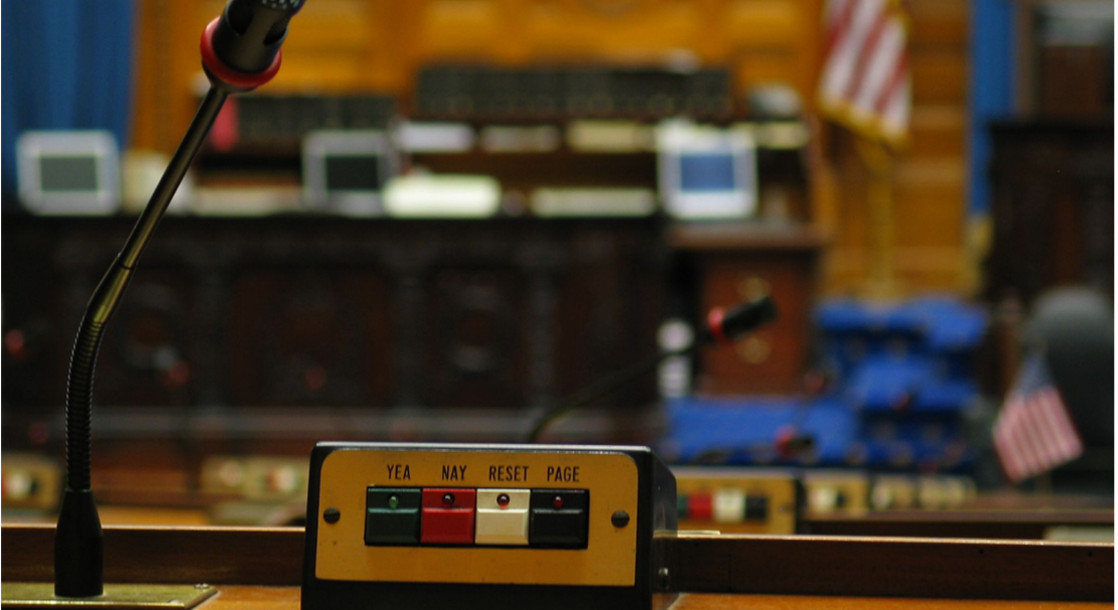In 2001, Canada established its first regulatory framework to provide patients access to medical cannabis. The MMAR stood until the Conservative Party introduced in 2013 the Marihuana for Medical Purposes Regulations (MMPR), a play that stripped patients of the right to grow their own cannabis.
Stayed by court injunction, those rights have over the last three years been upheld for over 28,000 patients of the country’s former system. Last week, a federal court judge ruled in favor of the four BC residents who claimed the new regulations have hindered their access to affordable medicine.
Applauded by all sides of the debate, the decision in the Allard case has ultimately underscored the need for clear direction on cannabis policy in Canada. The ruling ostensibly invalidated the MMPR and has left the Liberal government of Prime Minister Justin Trudeau with six months to craft a new regulatory framework for medical patients. In the interim, the confusion has started to snowball.
Canada’s activists, who were split on whether the injunction would be upheld, said they hoped the ruling was the first of more victories to come. During a celebratory news conference following the decision, John Conroy, lead counsel for the plaintiffs in the case, said the spread of illegal storefronts across the country was a product of patients “voting with their feet.”
“The next fight is making sure the dispensaries are legal. The great majority of patients would like to be able to go to something like that,” Conroy told the Globe and Mail. “And that needs to happen as the government needs to look at the [medical marijuana rules] and the [licensed producers] and the dispensaries and come up with a regime that takes all them into account.”
That sentiment was echoed on Parliament Hill during a Senate Forum held last week. Part of an event that brought together parliamentarians and members of the public to discuss legalization in a non-partisan setting, the initiative was well-attended by the media and cannabis community. Senators invited a panel of experts, including policy experts from the Canadian Centre on Substance Abuse and former Toronto police chief Bill Blair, Liberal point man on the cannabis file.
During the forum Blair told a group of senators there would be no moratorium on charges for grass possession and that current laws were to be upheld. Hours earlier, in a case called an “arbitrary and overbroad” violation of charter rights, the federal court judge who presided over the Allard injunction undermined the legal framework that Blair was alluding to. In fact, judge Michael Phelan ruled that the government of Canada had six months to create an improved medical marijuana regime that would better serve all sides.
While a number of licensed producers (LPs) applauded the decision as good news for medical cannabis patients, the case further complicated the business model for legal producers, if only in small part. Hyperbolic reports after the ruling suggested the sky was falling. Stocks that dropped for companies across the sector after the ruling have since rebounded.
On the same day the Allard injunction passed and the Liberal Senate Forum was held, Canada’s largest drugstore chain announced it was exploring the possibility of selling medical marijuana. Shoppers Drug Mart, which has over 1,300 locations across the country, said it held multiple meetings with LPs and was in talks to develop a generic line of products to be sold under the store’s brand. Other pharmacies, including Rexall and BC-based London Drugs, are reportedly also readying for potential pot sales in their stores.
Celebrated as a sign the stigma around cannabis has formally been shed in Canada, the move has further complicated matters on this side of the border. Where a week ago there were three parties – LPs, dispensaries and unions representing some of the country’s provincially-run liquor stores – looking to be included in the country’s cannabis distribution channels, now pharmacies are also in the mix.
When news broke of the landmark ruling in the Allard case, NDP Leader Tom Mulcair declared it was time for Canada to decriminalize marijuana. Interim Conservative leader Rona Ambrose, who supports legalization for no other option, proclaimed the country was now more confused than ever over pot laws. She was right.
“[The Liberals] moved ahead with signaling that pot is legal all across this country. That’s what everyone actually thinks, when in fact the law doesn’t say that yet,” she told CTV’s Power Play. “The Liberals have made a huge incoherent mess out of this.”
As the country’s medical cannabis community celebrated a substantial victory last week, the absence of any guidance for how a regulated market will be framed called into question the need for true leadership on the medical and recreational front. It also underlined the need for a timeline on both files.
After the smoke cleared on the Allard case and elation turned to confusion last week, Blair repeated that the Liberals have no schedule for legalization. But with only six months now to write new regulations, it stands to reason Justin Trudeau’s government may at least give it some thought.











